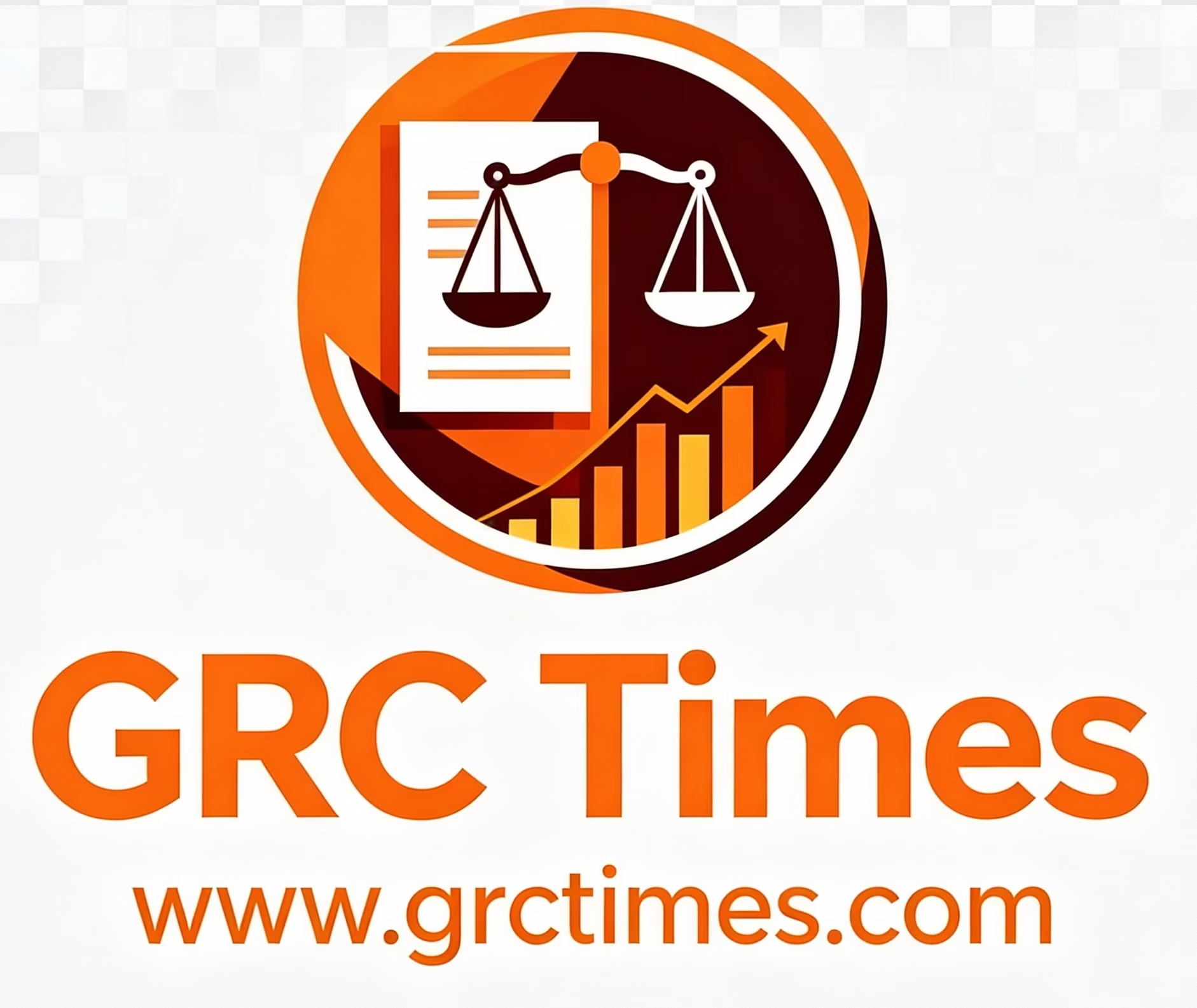The Democratic Republic of Congo’s (DRC) abrupt suspension of cobalt exports in late 2023 has thrust vendor risk management and trade compliance into the spotlight for global corporations, particularly those dependent on this critical raw material for batteries, electronics, and electric vehicles. The incident highlights how quickly regulatory shifts in resource-rich nations can disrupt established supply chains, impose legal burdens, and test the adaptability of vendor management strategies. This analysis explores the legal foundations of the ban, the unique challenges facing companies, and actionable steps risk and compliance professionals must take in its wake.
Legal Foundations and Regulatory Framework:
The DRC’s export suspension is firmly anchored in recent amendments to its 2018 Mining Code and accompanying presidential decrees, reflecting both a policy shift and heightened compliance complexity for foreign and domestic participants. The principal legal provisions driving the current restrictions include:
-
Export Licensing and Beneficiation Requirements: The Mining Code stipulates that raw mineral exports, including cobalt, may be curbed unless specific local processing or “beneficiation” targets are met. This is designed to move more of the value chain—and associated economic benefits—within DRC borders.
-
State Participation Mandates: The government now requires stakes in major mining ventures, granting it leverage in major operational and export decisions.
-
Environmental and Social Impact Obligations: Compliance with domestic and international standards for environmental protection and social development is now a binding precondition for export eligibility. Companies must demonstrate investment in local communities, environmental stewardship, and responsible mining practices.
These rules grant DRC officials broad discretion, enabling them to halt exports until companies comply with processing, environmental, and social licensing standards. For the vendor risk manager, this represents a substantial, ongoing exposure to sudden regulatory change.
Vendor Risk Management:
For vendors—both mining producers and global procurement teams—this regulatory turbulence translates into acute risk management challenges:
-
Operational Delays: Many companies have ongoing refinery construction projects within the DRC. With the new requirements, any failure to meet value-addition deadlines could lead to lengthy delays, financial penalties, or even the indefinite suspension of export rights.
-
Contractual Dispute Risk: The supply chain shock is reverberating through offtake agreements that typically guarantee uninterrupted shipment. With force majeure clauses now tested in arbitration and open to interpretation, both buyers and sellers face legal ambiguity, potential default, and costly renegotiations.
-
Regulatory Uncertainty: The DRC government’s frequent legislative amendments make long-term planning difficult. Companies must constantly adjust to an evolving compliance environment, revising vendor management and trade compliance protocols accordingly.
Testing the Legal Regime:
The legal and commercial fallout from the export suspension offers several cautionary lessons about risk management in high-stakes, high-uncertainty environments:
-
International Arbitration: Multiple mining firms, citing breaches of bilateral investment treaties, have filed claims against the DRC, alleging both expropriation and denial of fair, equitable treatment. These disputes introduce direct risk for upstream suppliers and their global customers, potentially resulting in asset freezes, fines, or investment bans.
-
Domestic Lawsuits: Local communities are increasingly invoking social-impact provisions in domestic courts, seeking to force companies to honor environmental promises and community development commitments as a precondition to export.
-
Cross-Border Litigation: Customs disputes on exported cobalt—especially shipments caught mid-transit during the ban—have led to lawsuits over duties, ownership, and contract enforceability in multiple jurisdictions, complicating trade compliance procedures.
Strategic Trade Compliance and Vendor Risk Management
Reliance on DRC cobalt compels companies to overhaul their vendor risk management and compliance models:
-
Supplier Diversification and Due Diligence: The geopolitical concentration risk forces rapid review of all tiered suppliers, audits for alternative sourcing, and evaluation of recycling and substitution technologies.
-
Contractual and Force Majeure Redesign: Agreements must now include nuanced force majeure and change-of-law clauses and contingency plans for political disruptions, explicit notice periods, clear alternative sourcing strategies, and robust mechanisms to assess vendor solvency.
-
Real-Time Regulatory Monitoring: Trade compliance functions must invest in continuous monitoring of the DRC’s legal landscape, utilizing legal counsel and compliance technology to stay ahead of fast-evolving obligations relating to exports, processing requirements, and social responsibility mandates.
-
ESG and Traceability Best Practices: In response to growing investor and consumer scrutiny, companies are deepening engagement with suppliers, deploying traceability technologies, and strengthening adherence to both DRC-imposed and international environmental, social, and governance (ESG) standards.
Trade and Supply Chain Implications
The repercussions of the DRC ban extend globally:
-
Supply Chain Disruptions: Automakers and electronics giants face bottlenecks and price volatility, underscoring the need for robust risk controls and supplier monitoring platforms.
-
Policymaker and Investor Response: Governments and investors are calling for more diversified sourcing of cobalt and expanded recycling programs to reduce exposure to single-jurisdiction shocks.
-
Compliance Scrutiny: With increased focus on the DRC, global regulators, customers, and civil society organizations are heightening scrutiny on whether imported cobalt is sourced in accordance with both ethical and legal standards.
The DRC’s cobalt export suspension exemplifies the intersection of sovereign resource policy and intricate global supply chains. For vendor risk management and trade compliance professionals, the suspension is a powerful reminder of the necessity for dynamic risk assessment, contractually secure supplier relationships, and proactive compliance strategies. By enhancing diversification, real-time monitoring, and ESG safeguards, companies can better position themselves to withstand shocks and seize competitive advantage even in volatile sourcing environments. The situation in the DRC will remain a bellwether for how resource nationalism and evolving legal frameworks can reshape global trade and risk management for years to come.

